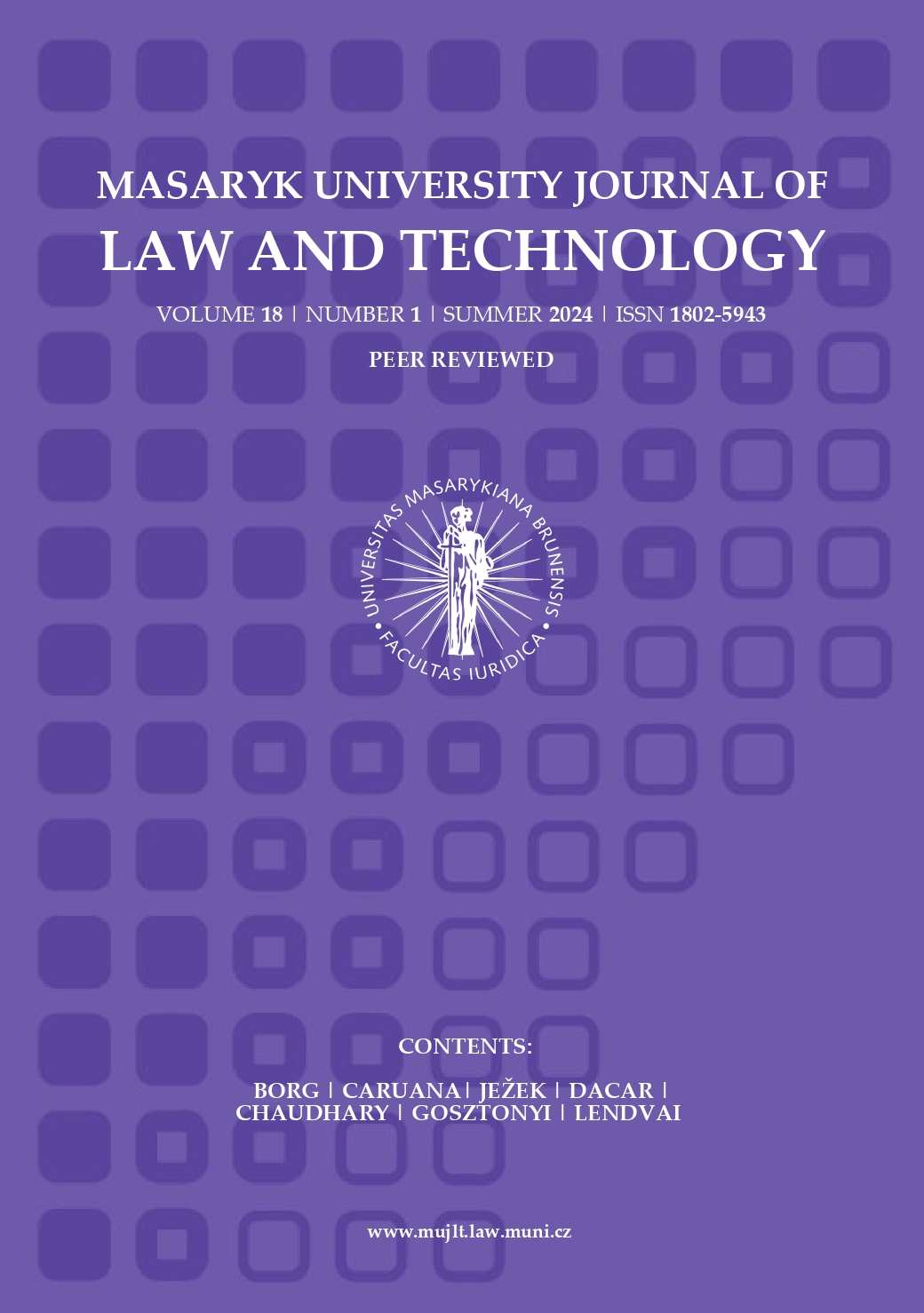Unveiling the Black Box: Bringing Algorithmic Transparency to AI
Unveiling the Black Box: Bringing Algorithmic Transparency to AI
Author(s): Gyandeep ChaudharySubject(s): Ethics / Practical Philosophy, Political Philosophy, Governance, Social Norms / Social Control, ICT Information and Communications Technologies
Published by: Masarykova univerzita nakladatelství
Keywords: Artificial Intelligence; Accountability; Algorithmic Transparency; Explainability; Right to Explanation;
Summary/Abstract: Overall, algorithmic transparency is an important aspect of responsible AI development and deployment. Ensuring that AI systems are transparent and accountable will help build trust and confidence in these systems and ensure that they are used ethically and effectively. Artificial intelligence (AI) has emerged as a cutting-edge domain that is fundamentally redefining different areas of daily experiences, such as health care, transport, finance, education, and others. The systems are not created for making a judgment like human judgment of natural language, spotting patterns and problem-solving; rather AI produces machines that also have intelligence level same as that of human beings. AI having more influence over us, it is to be considered the ethical directions of these tools and see that they operate under principles of transparency and accountability. The element regarding algorithmic transparency, which means the process of understanding the functioning and explanation of how AI systems make their decisions is the one that is most crucial. The issue of algorithm transparency is of fundamental importance for many considerations. AI systems are not only supported by fairness but also by their non-discrimination. If we do not know how a system of AI arrives at the decisions made, it becomes impossible to determine if the provided results meet equal treatment for everybody. If used in delicate areas like recruitment, credit, and legal system- where the AI-machine must make choices which are life changing, then this aspect is very important. On top of fairness, algorithmic transparency is also an important factor for accountability. If we are ignorant about what an artificial intelligence algorithm does and what is the source of its decision-making process, we are unable to track and classify the mistakes or mishaps of the system. This has always mattered when central to the operation of systems with high stake, such as those used in self-driving vehicles or in health care. Algorithmic transparency may be reached using different instruments. The transparent AI systems can be made by a more transparent design, for example, the simple modelling tools, that use interpretable models. Another method is designing technologies and techniques that can help people why the artificial systems difficult to be decoded but easy to understand which they can utilize in making decisions. Therefore, algorithmic transparency is a key factor of the AI made responsibly and used by the society. It is crucial that AI machines are both transparent and accountable since this will lead to people building trust in the system and accepting its ethical and practical implications. This paper examines regulation of algorithmic transparency in the EU, specifically provisions under the General Data Protection Regulation (GDPR), it aims to situate analysis of the GDPR's provisions on explainability of AI systems within broader technology ethics and policy discourse. The paper's scope is limited to EU regulations applicable to AI data processing transparency.
Journal: Masaryk University Journal of Law and Technology
- Issue Year: 18/2024
- Issue No: 1
- Page Range: 93-122
- Page Count: 30
- Language: English

